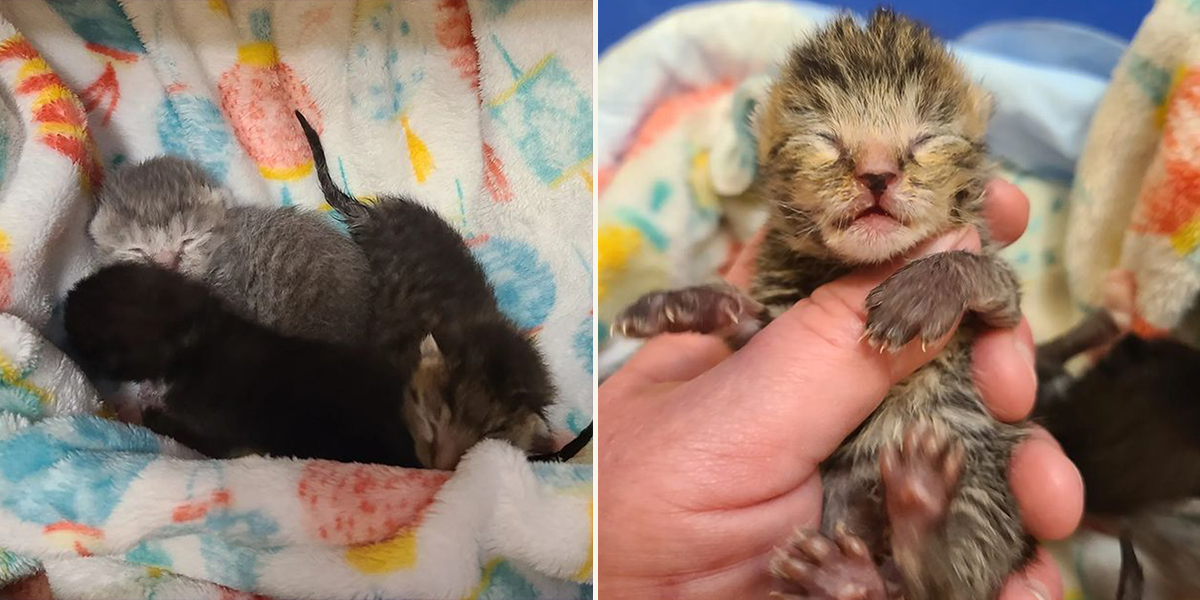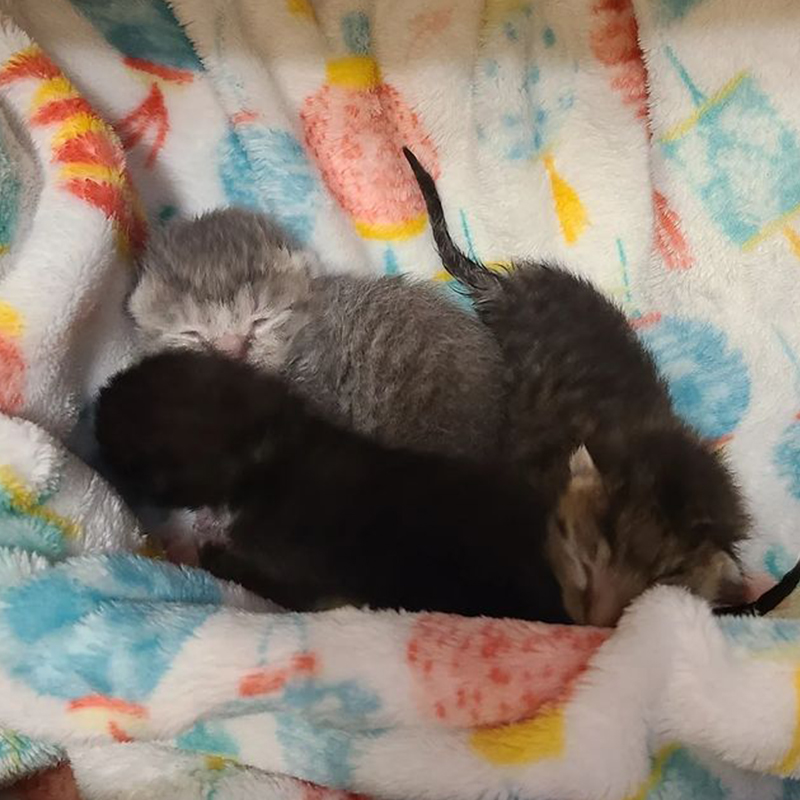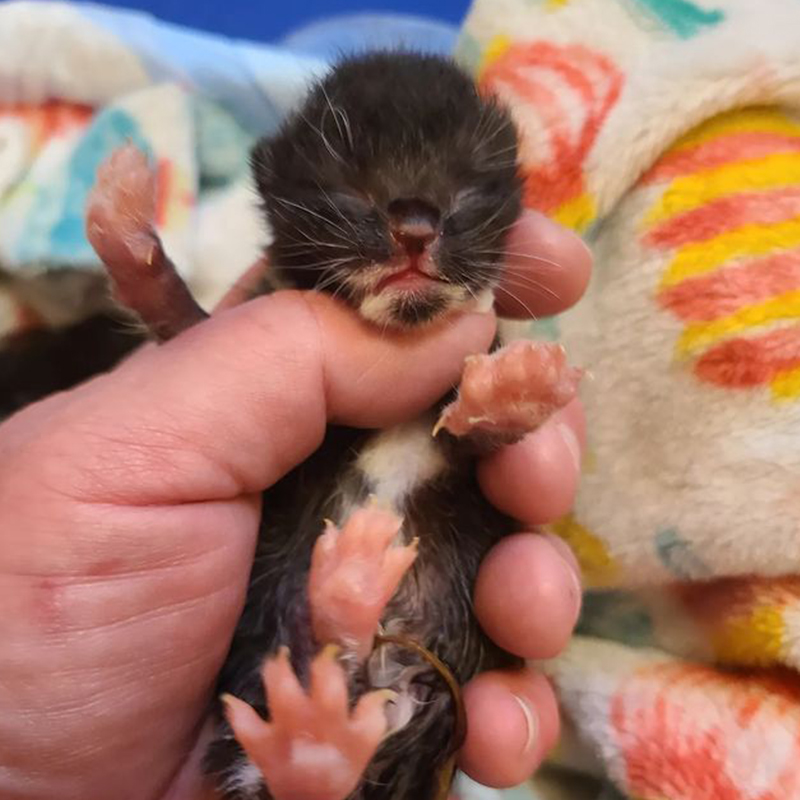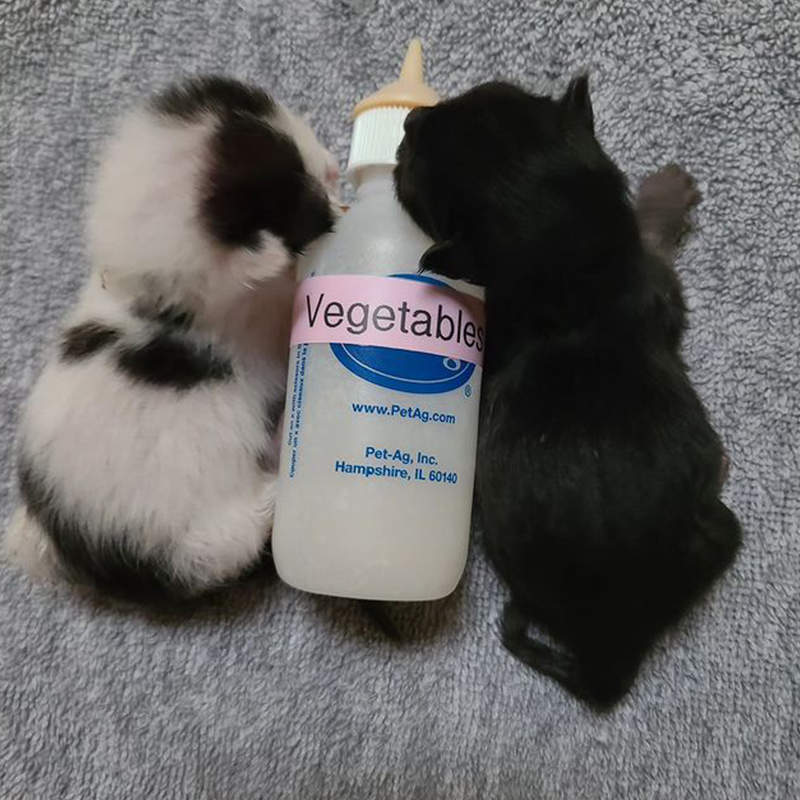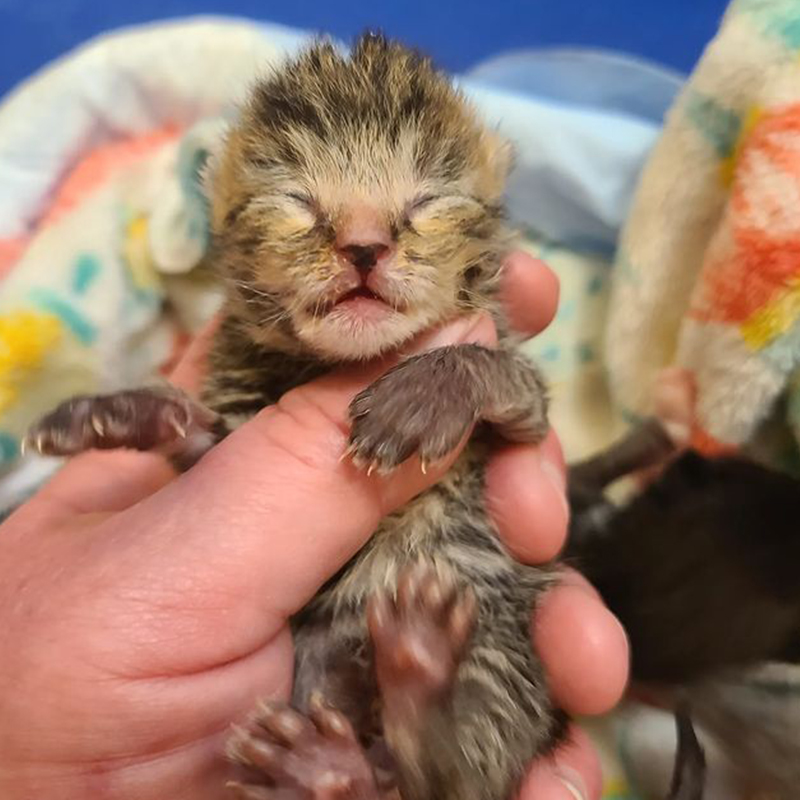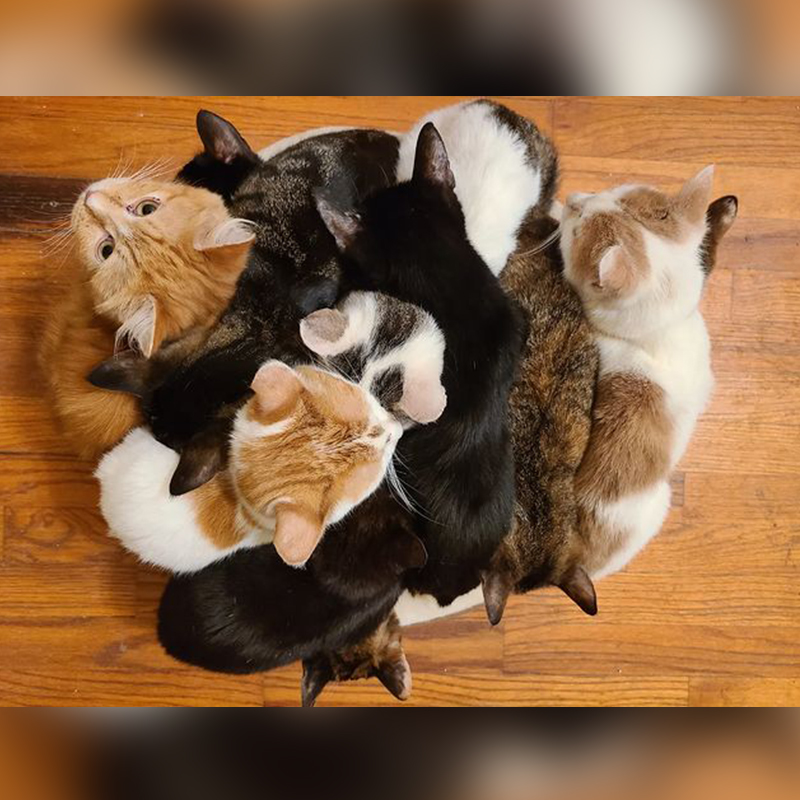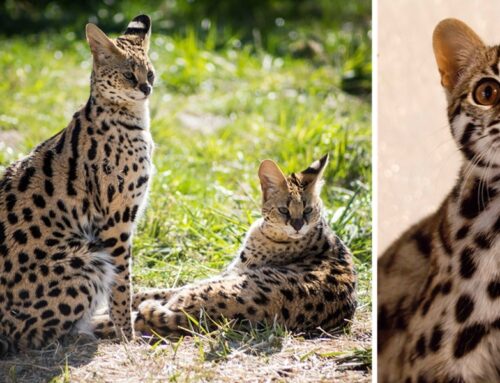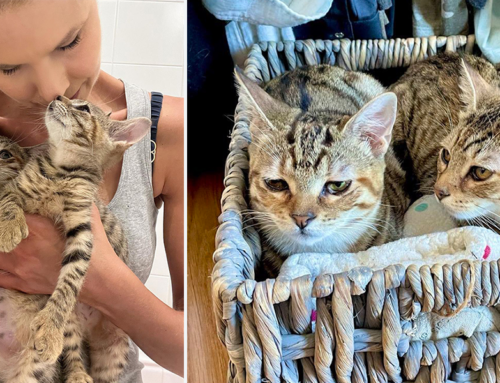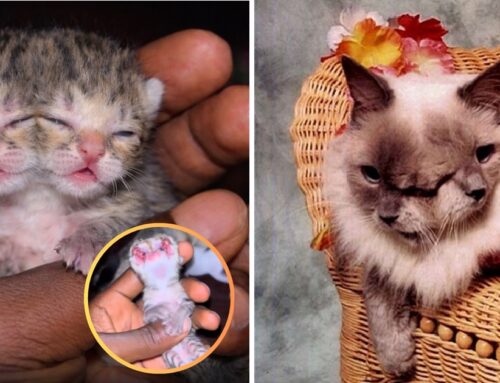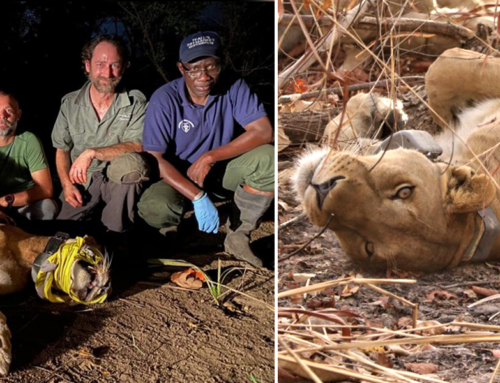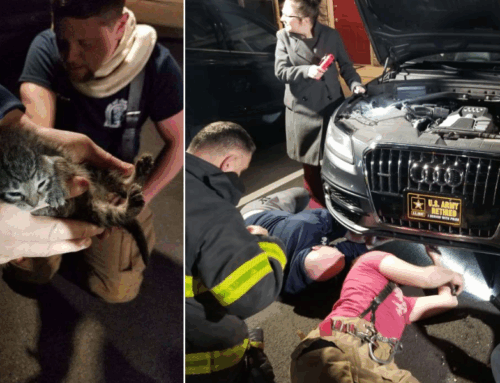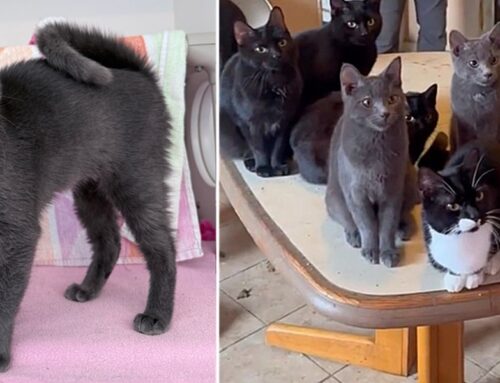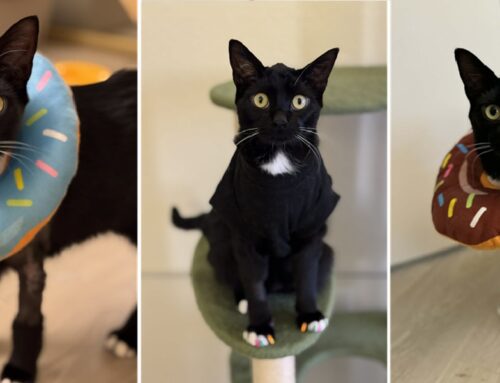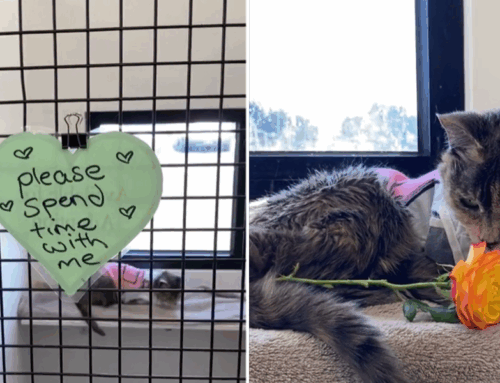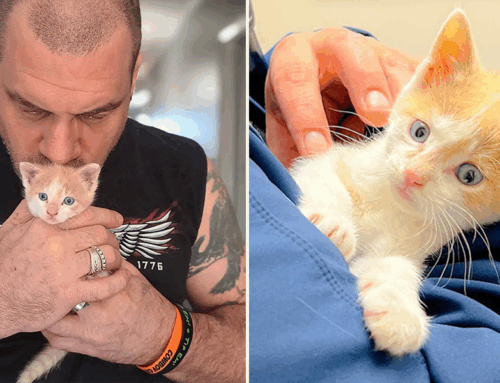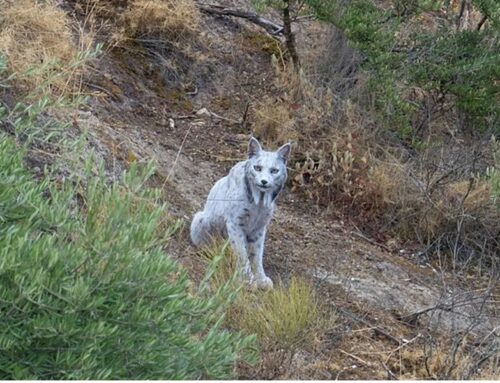Rescuers in the Bronx shared important information everyone should know about feeding newborn kittens. The information could easily save kitten’s lives and other animals too. Did you know that sometimes offering food to a newborn kitten could be deadly? Hint: they need warmth first!
It started when a heavily pregnant feral cat gave birth to a litter shortly after being caught through TNR (trap, neuter, return) efforts in the South Bronx. After giving birth to five kittens, she started neglecting them. Then, she stopped feeding them altogether. The stress of being caught certainly made her agitated, and many times feral cats are only kittens themselves when they give birth. If so, they may neglect their kittens, especially when sick, stressed, and starving.
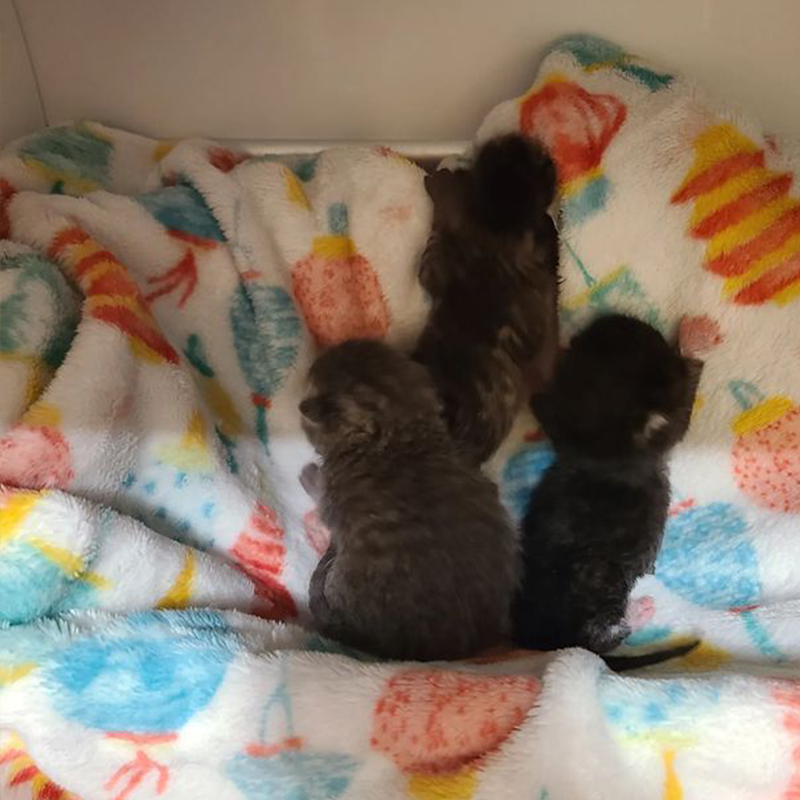
Images via Instagram/furrr911
Caregiver Tried to Save the Newborn Kittens
When the caregivers saw the mama cat neglect the babies, they tried to bottle-feed them. But sadly, two of them passed away. They immediately contacted experienced Bronx rescuers at FURRR 911, who took in the remaining three kittens on a Friday night. At first, they were “mildly hypothermic,” depending on their absent mother for warmth and everything else.
Many people may have assumed the first thing to do was get those kittens’ bellies full of formula, but that was not so. Rather, the top priority was getting them warm in the incubator first. Otherwise, that food could be deadly to the babies. Many rescuers know this, but the general public may not realize until it’s too late.
Remember: Warmth First, Then Food
Here is the important information should you encounter a crying kitten (or another baby animal) that needs help. We wanted to pass this along to everyone and thank FURRR 911 for sharing it.
“🔺️🔺️🔺️FYI: Newborns should never be fed food or liquids of any type if their bodies are not warm. When animals (or humans) have a low body temperature, blood is shunted to the vital organs (heart, lungs, and brain) as a protective mechanism. If the animals are given food, blood gets diverted from the vital organs to the stomach and intestines, which can quickly lead to death. Cold animals are also much more likely to aspirate food or water because they are lethargic due to hypothermia,” the rescuers shared.
“Many people’s first response to a crying animal is that the animal is hungry and needs to be fed. Please stop to assess whether the animal is cold or warm first! If you are afraid to touch the animal, as this advice pertains to wildlife as well, then supply a source of warmth (blanket, heating pad, Hot Hands) and refrain from feeding until you speak with a rescue, shelter, or rehabilitator.”
For scale: Two-day-old kittens with the labeled bottle showing the name of their litter, the “Vegetables.”“Remember WARMTH first! Feeding can wait if necessary. This simple advice can help save an animal’s life. 🔺️🔺️🔺️” they shared.
So, there you have it, warmth is a critical for kittens, and even adult fosters like to cuddle for warmth.
“What the heck is going on here you may be asking? Well, our fosters like to cuddle and share body heat. Despite numerous cat beds in every room and even a fancy pet couch that was donated, oftentimes, we find all the kitties piled up in one bed and all the other beds empty.”
There are eleven cats pictured here!
What to Do if You Find a Hypothermic Animal
We’ve previously shared lifesaving tips if you rescue a cat with hypothermia in the cold. Once again, don’t feed them first but do dry them off and get them to the veterinarian ASAP.
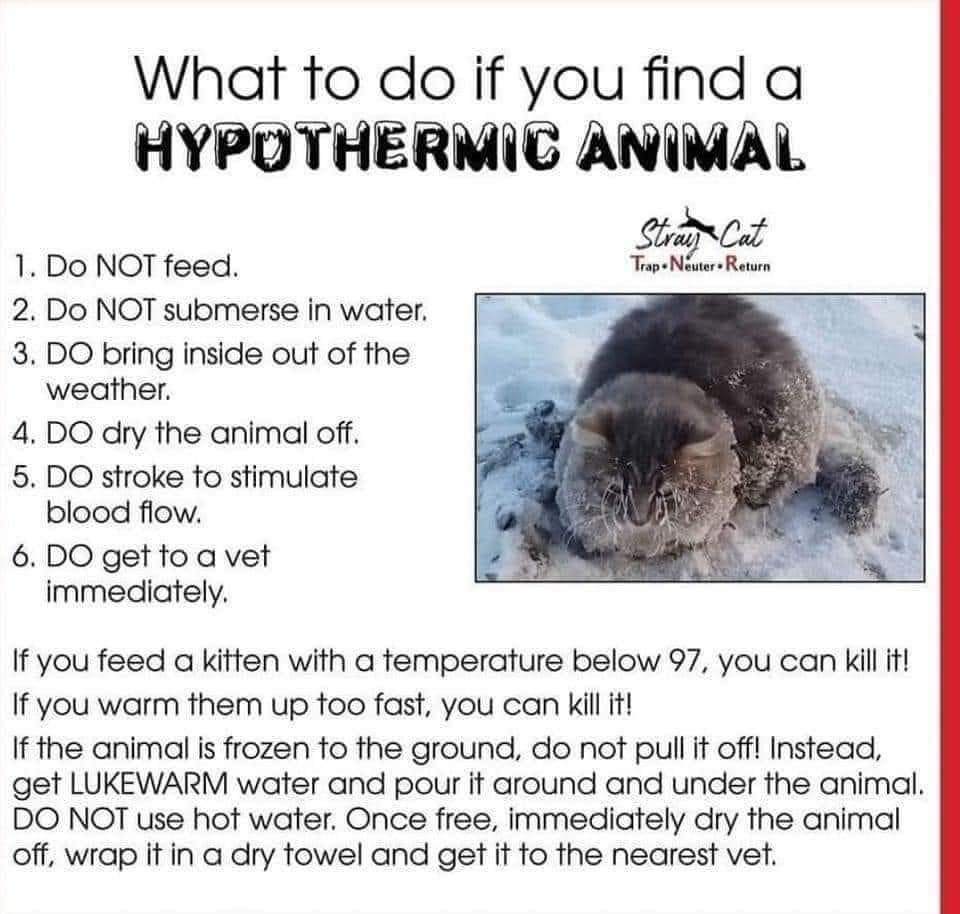
What to do if you find a hypothermic animal via Facebook.


